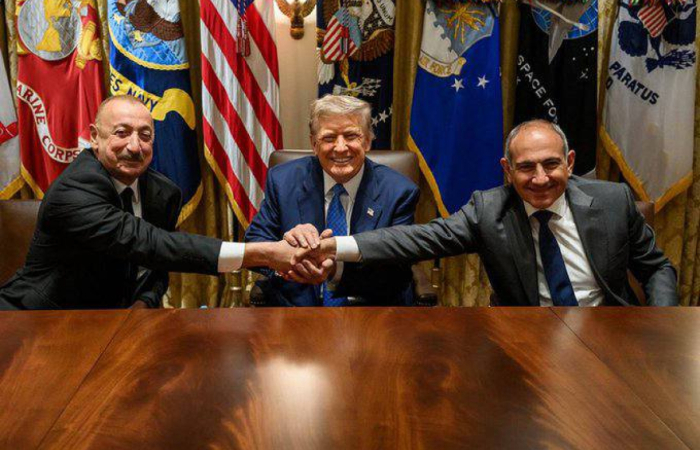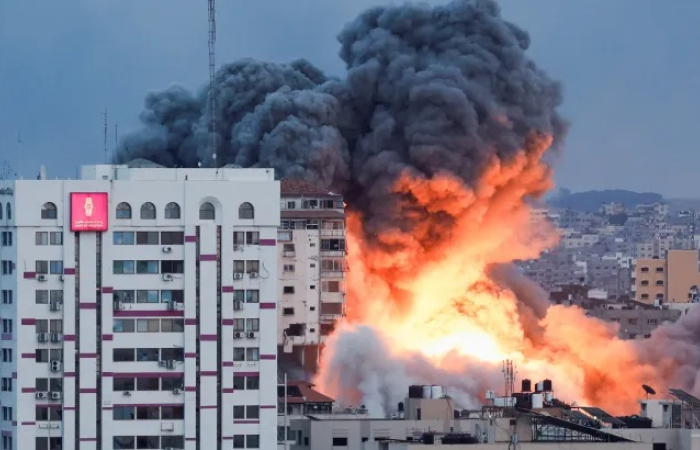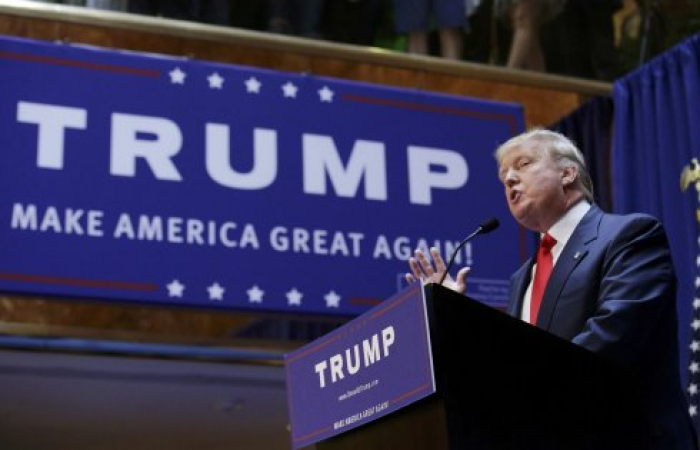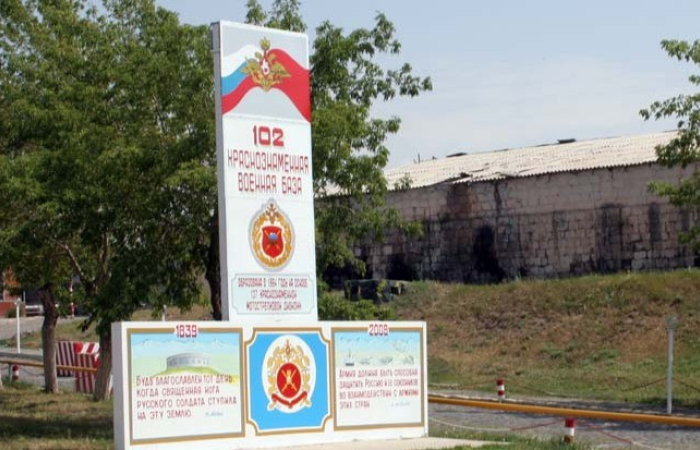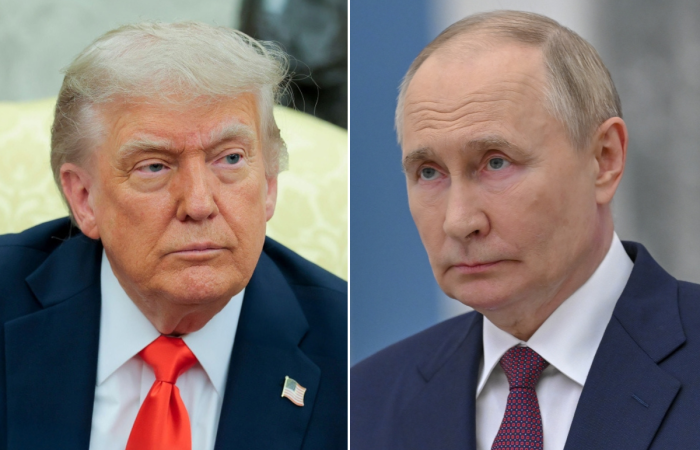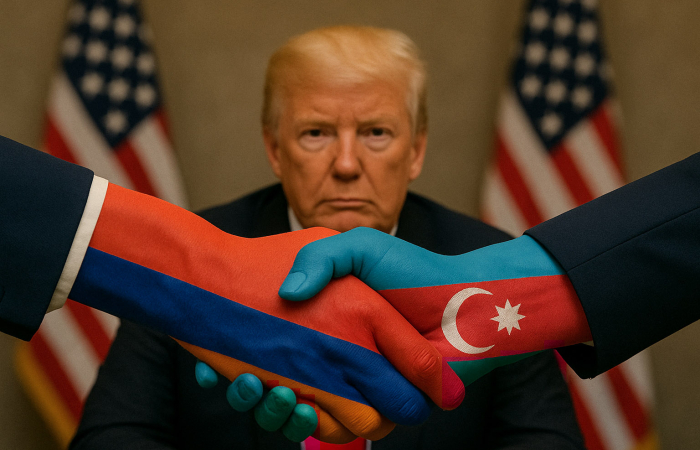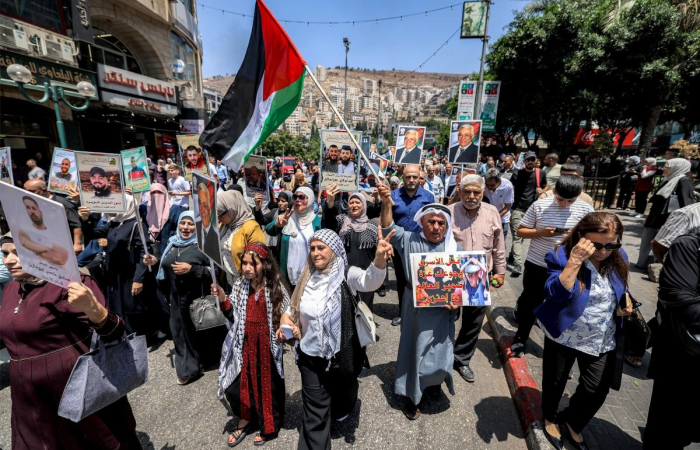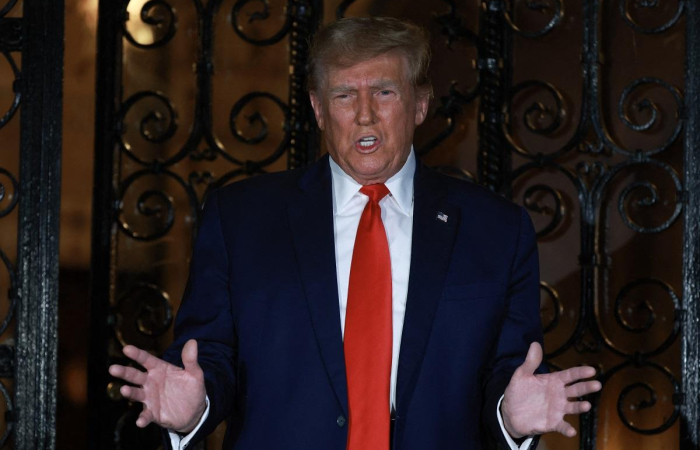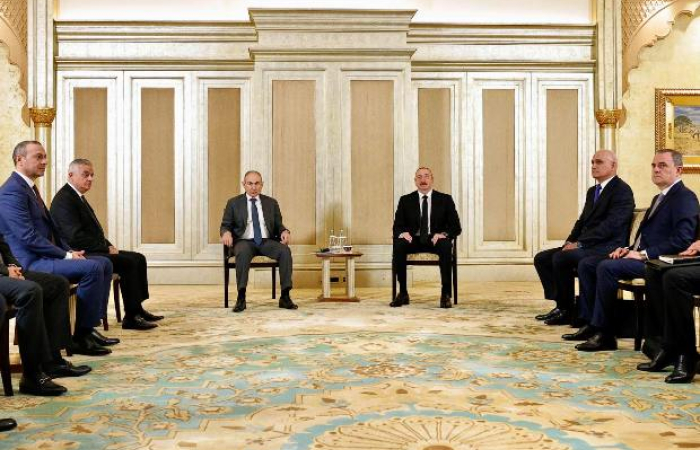Trending
Historic moment in Washington as Armenia and Azerbaijan end decades of conflict and open the door for a new era
9 August 2025
Armenia and Azerbaijan have ended decades of conflict between them, and opened the door for a new era for them, and for the entire South Caucasus.
In a historic meeting in Washington DC, facilitated by US President, Donald Trump, the two sides initialed the Peace Agreement between them that has been under discussion for a long time. The agreement still has to be signed and ratified.
The two side also issued a joint declaration which was signed by the two leaders, and countersigned by the US president, as witness.
The document emphasised the importance of sustainable peace between the two countries. commonspace.eu political editor said in a comment that the Washington meeting took a long time in coming, and many had started wondering if the leaders of Armenia and Azerbaijan had the political will and stamina to bring peace to the region, but in the end, with a bit of nudging by president Trump they did it. Congratulations to all concerned. In many ways, the work starts now, and Armenian and Azerbaijani societies must be involved and must make their contribution so that the Washington agreements can be successfully implemented .



